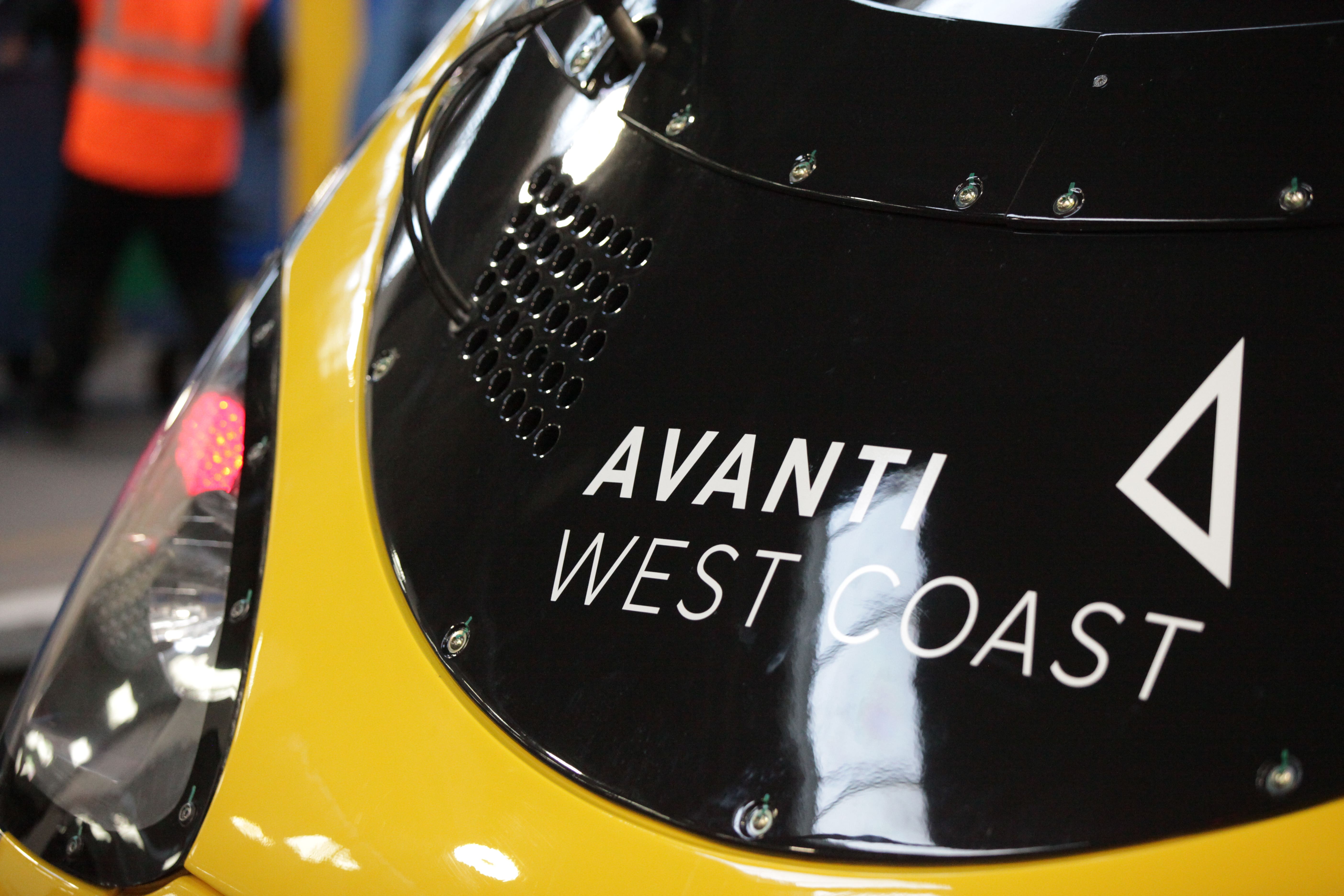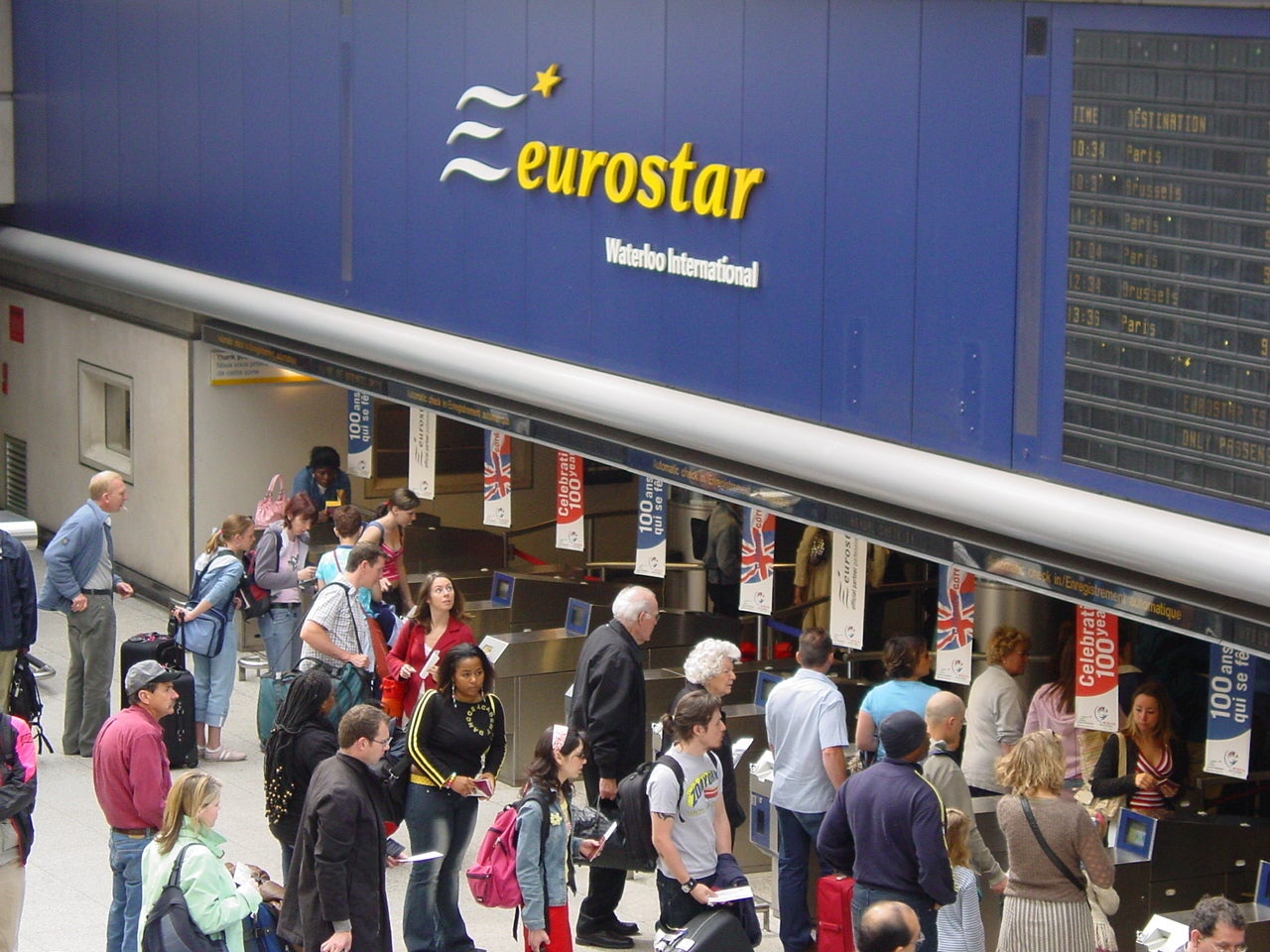Why did Heathrow cancel flights so early?
Simon Calder answers your questions on axed flights, Avanti strikes and station soft spots

Q We saw loads of pre-emptive flight cancellations at Heathrow again recently. I’m struggling to see why...
Ashley Q
A The basic issue: concern that strong winds would disrupt the normal pattern of arrivals and departures at the UK’s busiest airport. Heathrow has only two runways.
As a further restriction, these two cannot be used as efficiently as they might. “Mixed mode” operations – with runways being used for both take-offs and landings – are strictly off-limits except for the hour between 6am and 7am.
Published schedules take these restrictions into account. On a normal day up to 45 arrivals can be handled in each hour, with just 80 seconds between planes. When bad weather intervenes, that “flow rate” may be unachievable because of the need to keep planes safely separated.
In addition, there tend to be more “go-arounds”: the pilots make an approach but decide not to touch down, typically because of concerns over gusting winds, These events are perfectly safe but disruptive because the plane has to be slotted in for another attempt, further reducing the number of arrivals.
These phenomena are well known. Generally, when disruption is forecast, the airlines will be told in advance to reduce their operations by, say, 10 per cent. For British Airways, by far the biggest airline at Heathrow, this means cutting dozens of flights – mainly on short-haul routes with multiple frequencies.
In the latest round of cancellations, six flights between Heathrow and both Amsterdam and Glasgow were axed. The airline knows how its loads are looking, and can plan to squeeze passengers on to the unaffected flights – and deploy larger aircraft to sweep everyone up.
Other carriers are far less affected because they have tiny slot allocations compared with British Airways; the usual suspects are Aer Lingus, Air France, KLM and Lufthansa.
Typically cancellations are announced in the afternoon ahead. This gives many passengers a chance to adjust to their well-laid plans being messed up. Some will be content to be on a flight a couple of hours adrift from their original schedule. Those with complicated itineraries such as Edinburgh to Heathrow to Mumbai may be rerouted on a partner airline such as Qatar Airways.
All of which is far better than “on the day” cancellations, which leave passengers, pilots and planes out of position with very little backup. So air-traffic controllers may err on the side of caution, and find themselves with rather more capacity than they intended. But they, and the airlines, see this as the lesser of two evils.

Q So Avanti don’t employ enough staff to cover their rosters and rely on volunteers to work overtime on their rest days. The right-wing media then carry out character assassination on them when they decline to work overtime. Does that seem fair?
Andrew J
A The background: Avanti West Coast train managers belonging to the RMT union are to strike intermittently for five months, starting on 31 December. The dispute is over pay for working on rest days. Train managers have been offered an average of £250 for working an eight-hour shift on a day off, increasing to £300 at weekends. They emphatically rejected the deal. The union says desk-based senior managers who sometimes stand in as train managers earn more. In addition, Avanti West Coast train drivers are paid a flat £600 for working on a day off.
All of this would, as you point out, be moot if there was never any need for overtime. It is fair to say that the rail industry has been overly reliant on train crew working on their days off for decades. This is partly down to relatively low pay in the past; under British Rail, staff could make up their wages by working overtime. Even though rail earnings have risen sharply during privatisation, overtime has continued to be a large part of the picture at many train operators – with Covid disrupting normal recruitment and training schedules.
At some rail firms (but not Avanti West Coast), all Sunday shifts are based on voluntary overtime – which is why during December Great Western Railway and Northern have cancelled hundreds of trains, as staff exercise their right not to work on days off. This ludicrous state of affairs needs to be addressed, but successive governments have shied away from tackling it.
Should, at the same time, staffing levels at all train operators be lifted so that there is no need for overtime? To do so would require a steep increase in permanent numbers, at a time when taxpayers are already paying £400 per second to keep trains running. I know of no transport operation, from bus driving to airport security, that does not occasionally need to bring people in on overtime. And I am not sure that train crew would welcome the permanent loss of extra earnings.

Q We live in Berlin and our local station is Wannsee. We love the slightly retro feel and the formidable range of trains including the wonderful ICE 101 running overnight via Rhineland to Switzerland. Do you have a favourite station local to you?
Nicky Gardner, co-author, Europe by Rail
A My nearest station, I am glad to say, is London Waterloo. Over the decades it has become increasingly appealing, and as a sightseeing experience, I strongly recommend walking along the mezzanine above the main concourse. Look out for The Bathers: a sculpture rescued from the 1951 Festival of Britain, staged nearby.
Like so many big terminal stations, Waterloo has been added to over the decades, most notably 30 years ago when the original Eurostar hub for Paris and Brussels trains was created to the northwest of the main station. After the cross-Channel operation was shunted north to London St Pancras International, the location was left to rot for a decade. Finally, it has come back to life with extra platforms to ease congestion plus a dining and shopping area called The Sidings. The most notable features here are two competing vast pubs, one BrewDog and the other Wetherspoons: The Lion & The Unicorn, another throwback to the 1951 celebration.
In terms of destination: losing continental Europe was clearly a blow. At the same time, a marvellous little shuttle train from Waterloo to Manchester via Bath and Bristol was lost.
Currently from the main station, the repertoire extends to Portsmouth, Basingstoke and beyond, and Reading. The “beyond” is the best bit: threading through Dorset from Bournemouth to Weymouth, and across from Salisbury to Exeter.
While Wannsee has a far richer choice, please allow me to include the semi-integrated Waterloo East station – which adds much of Kent, including the port of Dover and the fine resort of Folkestone. That will do for me.
Email your questions to s@hols.tv or tweet @SimonCalder






Join our commenting forum
Join thought-provoking conversations, follow other Independent readers and see their replies
0Comments